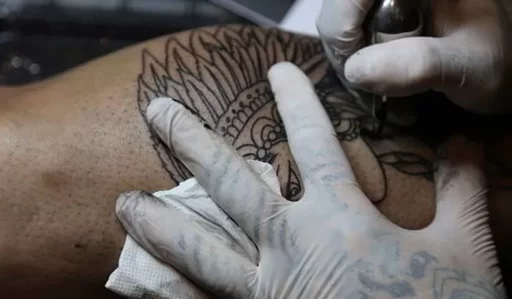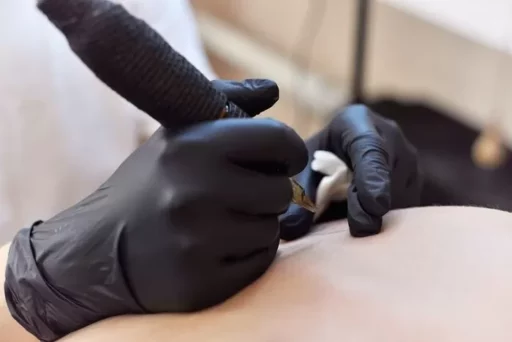Tattoo Regulation Law Passes Health and Welfare Committee… Legalization of Non-Medical Tattoo Procedures Proceeding
The "Tattoo Regulation Law," which legalizes tattoo procedures performed by tattoo artists who are not medical professionals, passed the Health and Welfare Committee of the National Assembly on the 27th.
The practices of tattoo artists, which have been considered illegal until now, are now stepping into the legalization phase. The National Assembly's Health and Welfare Committee approved the government's proposal, which integrated three separate bills introduced by three lawmakers from both ruling and opposition parties.

The key point of the newly passed bill is that it allows tattoo procedures to be performed by tattoo artists who are non-medical professionals, a privilege that has previously only been granted to medical professionals. Under current law, it has been deemed illegal for anyone other than a doctor to perform tattoo procedures.
The Legal Status of Tattoo Procedures vs. Reality
The basis for this illegal regulation dates back to a Supreme Court ruling in 1992. At that time, the Supreme Court judged tattoo procedures to be medical acts, and the legal ruling that non-medical professionals’ tattoo procedures are illegal has been maintained for the past 33 years.
However, consistent criticisms have been raised regarding the fact that these legal regulations do not accurately reflect reality. Approximately 13 million people have undergone tattoo procedures, including eyebrow tattoos, but the actual percentage of procedures directly conducted by doctors is only 1.4%. Furthermore, the number of non-medical tattoo artists has exceeded 300,000, highlighting a significant gap between law and reality.

Currently, both inside and outside the National Assembly, the possibility of the Tattoo Regulation Law passing the National Assembly is viewed positively. This is largely due to the lack of disagreement between the ruling and opposition parties. President Lee Jae-myung also promised legalization of tattoos during his presidential campaign, receiving support from the political arena.
If this bill passes the Legislative and Judiciary Committee and the plenary session of the National Assembly in the future, the tattoo procedures performed by tattoo artists are expected to be completely legalized.
Concerns from the Medical Community and Overseas Examples
However, the medical community has strongly opposed this bill, demanding its withdrawal. The Korean Medical Association argues, "Most of the dyes used in tattoos are unapproved chemicals by the Ministry of Food and Drug Safety, posing risks including the possibility of heavy metals remaining in the body and containing carcinogenic substances."

The Korean Dermatological Association has also expressed concerns, stating, "Tattooing is an invasive act that inflicts wounds on the skin and injects foreign substances into the body, carrying medical risks that cannot be taken lightly. There may be inadequate management of infections and side effects during the tattooing process conducted by non-medical professionals."
Meanwhile, looking at overseas examples, Japan originally regarded non-medical tattoo procedures as illegal, but the Supreme Court recently changed its stance, transitioning to a legal framework.
In some countries, including the United Kingdom, non-medical individuals are allowed to legally perform tattoo procedures if they receive training in skills, hygiene, safety, etc., for more than a year.
Image source: Reference materials to aid understanding of the article / gettyimagesbank


